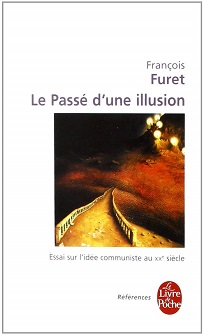The communism born from the October Revolution of 1917 in Russia would reign there for 70 years. The establishment of this regime, installed on the decaying Tsarist empire, would put in place a dictatorship whose founder Lenin and then Stalin would impose state terror on a backward country. Marxism, or the dictatorship of the proletariat, became an almost religious dogma between the two world wars.
Communist parties abroad followed orders from Moscow. While this philosophy was appealing due to its universality and its notion of sharing wealth among all men, in practice it was despotic. Manichaeism reduced the alternative to being either for Stalin or a fascist, with fascism having a very broad meaning in Marxist dialectic.
François Furet describes to us Soviet Russia and its responsibilities in the Second World War. Always skilled with words, the communists managed to justify the German-Soviet pact as an anti-fascist act.
After the Second World War, the USSR crafted a democratic image for itself with its role in crushing Nazi Germany. Through his victory, Stalin liberated Eastern European countries from the Germans and installed regimes aligned with communism there. They were referred to as people’s democracies. This term, in Marxist dialectic, allowed the regimes of Eastern Europe to be qualified as democracies.
The death of Stalin is probably the beginning of the end. The revelations about his crimes shook the mystique of the “little father of peoples.” While in 1953 people lamented, even in France, the death of Stalin, the sacred dimension of communism was shaken after Khrushchev’s revelations three years later.
François Furet brings us back to the 20th century, a time when ideologies sought to replace God, condemned individualism, capitalism, and tried to create a new man. In this, communism and fascism are, in a certain way, two sides of the same coin. An illusion, probably; a crime, certainly.
Thierry Jan


